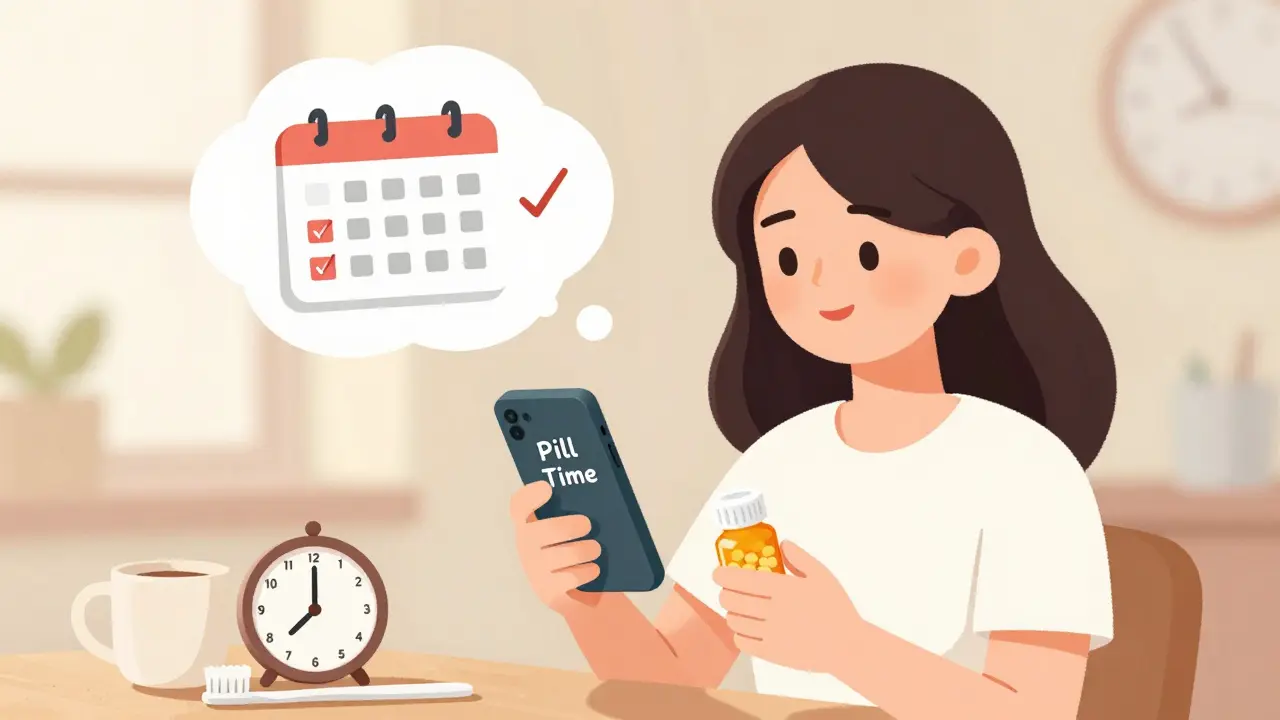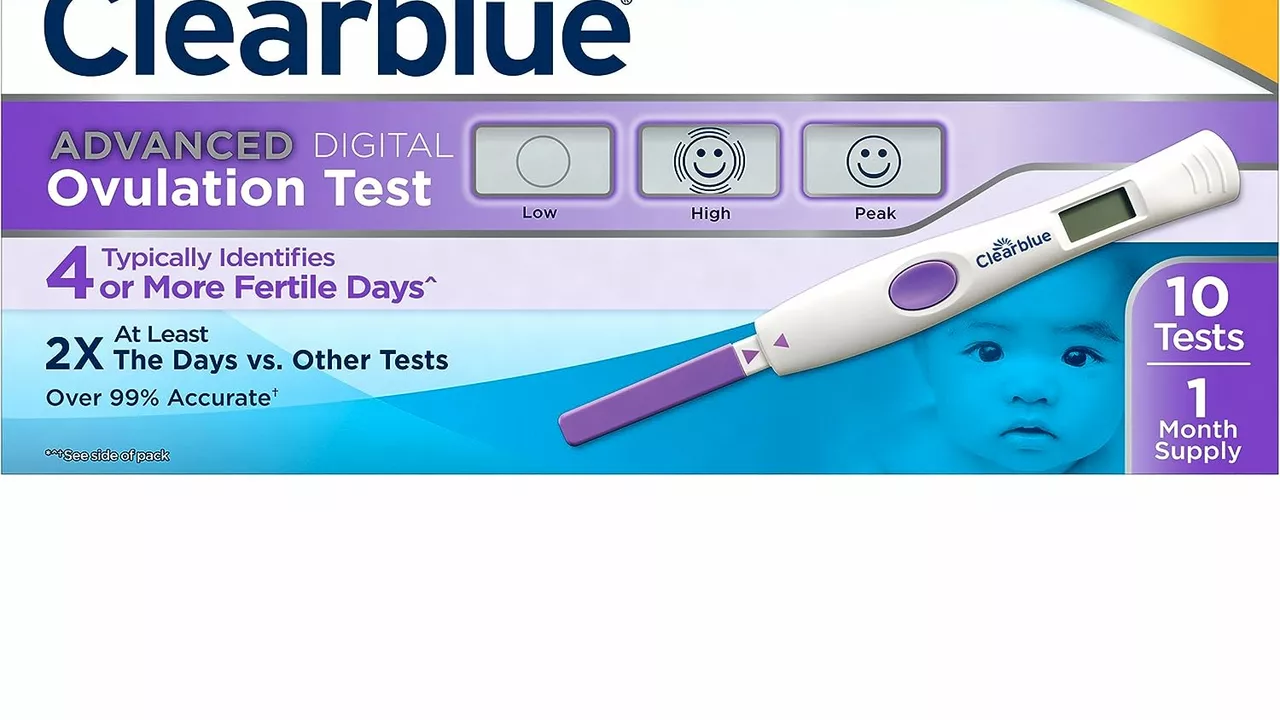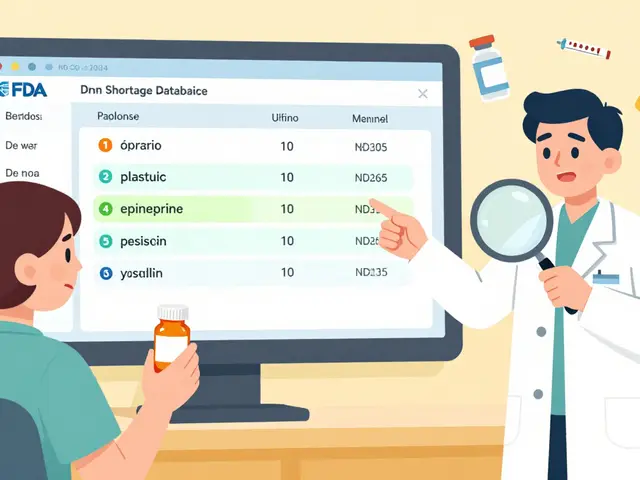Women's Health: Real Talk on Ovulation Tests and More
Welcome to the women’s health hub at BuyEmp. Here we break down everyday questions about hormones, cycles, and wellness without any jargon. Whether you’re trying to conceive, curious about supplements, or just want a better grip on your body, you’ll find straight‑forward answers that help you make quick decisions.
How Accurate Are Ovulation Tests?
Ovulation tests are popular because they promise a clear signal when you’re most fertile. The truth? They detect the surge of luteinizing hormone (LH) that happens 24‑36 hours before an egg is released. That spike is reliable, but it’s not a guarantee you’ll conceive on the next day.
Most kits hit about 99 % accuracy in spotting the LH rise, yet they can miss a few things. For example, women with polycystic ovary syndrome (PCOS) often have higher baseline LH levels, leading to false‑positive results. On the flip side, a sudden drop in hormone production might give a false negative.
What does this mean for you? Use the test as a heads‑up, not a crystal ball. Pair it with other signs—like cervical mucus changes or basal body temperature—to improve timing. If you’ve tried a few cycles and still aren’t seeing pregnancy, consider talking to a healthcare professional about more detailed hormone tracking.
Common Fertility Myths Debunked
Myth #1: “If the test shows LH, you’ll get pregnant that night.” Nope. The egg isn’t released until up to 36 hours later, and sperm need a few days to reach it. Have intercourse early in the window for the best odds.
Myth #2: “You only need one positive test to know when to try.” In reality, daily testing across a cycle gives a clearer picture of your pattern. Some women see multiple LH spikes; spotting the highest surge helps pinpoint the true fertile day.
Myth #3: “Ovulation tests work the same for every woman.” Hormone levels differ by age, health conditions, and even stress. If you notice irregular results, it might be worth switching brands or adding a blood test to confirm ovulation.
Bottom line: Ovulation tests are a useful tool, but they’re most powerful when combined with other natural cues and professional guidance. Keep track of your cycle, stay aware of how stress or illness can shift hormones, and don’t rely on a single strip for the whole story.
At BuyEmp you’ll also find articles on supplements that support hormonal balance, tips for managing menstrual discomfort, and advice on when to seek medical help. Browse our women's health section to stay informed, keep your body in check, and feel confident about every health decision you make.
Birth control pills are effective when taken perfectly, but real-world use leads to a 7% failure rate. Learn how they work, what side effects to expect, which drugs interfere, and whether they're right for you.
Hormone Replacement Therapy can effectively relieve menopause symptoms and protect bone health, but risks vary by age, delivery method, and duration. Learn how to weigh benefits against risks and monitor your health safely.
Explore how psychoeducation demystifies Premenstrual Dysphoric Disorder, offers practical coping tools, and empowers women to manage symptoms with confidence.
Well, folks, today we're diving into the fascinating world of ovulation tests! Spoiler alert: they're not as foolproof as you might think. I mean, they're pretty accurate, don't get me wrong, but they're not exactly the pregnancy crystal balls some make them out to be. Interestingly enough, these little sticks of science can't exactly pinpoint that sweet spot of fertility, they simply detect the surge in the luteinizing hormone, which happens before ovulation. So, while they're great at giving a heads up, they're not exactly the 'sure thing' some fertility myths would have you believe. Keep that in mind, future parents!









